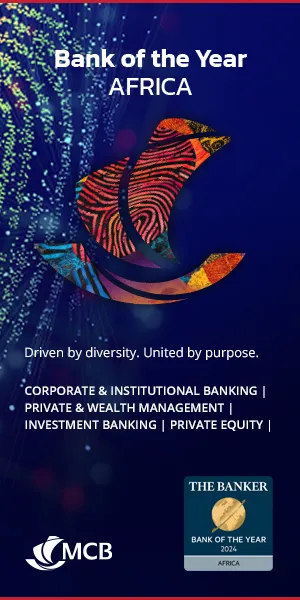Safety and Rule of Law – “Having a firmly embedded judicial system that is just, effective, accessible to all, administered by competent and independent judges who work independently of political influences and in a corruption-free environment and make decisions according to merit, is a major prerequisite for ensuring safety and rule of law.
Indeed, consideration of safety cannot be separated from an assessment of the entrenchment of the rule of law in a state. This accords citizens the right to safety rather than the mere presence of safety with no guarantees of entitlement. This extends to include the accountability of public officials and prevention, control and elimination of corruption in the country.
“Experience has demonstrated that a legal system can easily be subverted if its enforcers are not accountable to those they serve and if they are prone to influence through financial and other considerations. Furthermore, an empowered citizenry conscious of its constitutional and fundamental rights and responsibilities ensures the conditions for the entrenchment of the rule of law and safety in the state.
“To ensure maximum progress in the efforts to promote good governance in Africa, it is imperative to see to it that safety in its holistic form and the rule of law exist concomitantly.”
Salim Ahmed Salim, Former Secretary-General, Organisation of African Unity and former Prime Minister of Tanzania; Member of the Board and Chair of the Prize Committee of the Mo Ibrahim Foundation
Participation and Human Rights
“In preparing an index illustrating outcomes in the areas of participation and human rights, it is clear that participation is much easier to assess and measure. Of course, participation encompasses and overlaps with areas of human rights, such as the right to vote, the right to a fair election, and freedom to express views on political issues and to hold government accountable for commitments made under national and international law.”
Mary Robinson, Former President of Ireland and former UN High Commissioner for Human Rights; Member of the Board and Prize Committee of the Mo Ibrahim Foundation
Sustainable Economic Opportunity
“Sustainable Economic Opportunity is one of the four pillars under which governance is measured in the Ibrahim Index. Freedom to participate in the creation of economic wealth is a key right for all citizens and governments have an overwhelming duty to develop an enabling framework.
“This pillar seeks to measure, first, governments’ abilities to manage the macro economy along sound lines to ensure broad economic development. It also seeks to measure the regulatory framework, which allows, inter alia, the wealth-creating private sector to grow within the constraints and interest of society as a whole. A third category of variables covers the availability of basic infrastructure, which in some cases is provided by the state, whilst in others by the private sector, within a system determined by governments. The final group of indicators cover aspects of rural and environmental issues. These are of particular significance, given the large rural populations of most countries, the importance of subsistence goods together with concerns associated with environmental degradation and climate change, which may become even more acute.
“It is encouraging to note that on average the majority of countries of Africa have consistently improved their scores in this pillar.”
Lord Cairns, Former CEO, SG Warburg; Former Chairman, Actis Capital LLP; Member of the Board of the Mo Ibrahim Foundation
Human Development
“Human Development reflects the outcomes of investments made in the talents of a country, with a particular focus on education, health and social safety nets. Human Development indicators measure the efforts contributed by the individual, family, community and society as a whole to develop the human capital base of a nation. Government’s commitment to make the appropriate investment to provide equitable access to, and quality outcomes of education, training and health care systems is key to success.
“Although the trend in most African countries is encouraging with respect to Human Development, more effort needs to go into data collection about monitoring and evaluating outcomes of those investments.
“Africa needs to ensure that it invests effectively and efficiently in its youthful population for it to compete in the market place for industrial and service sector investment. The youthful population of the African continent should be turned into a competitive advantage in a world where the war on talent separates successful nations from failed ones.”
Dr Mamphela Ramphele, Former MD, World Bank; former Vice-Chancellor, University of Cape Town; Member of the Board of the Mo Ibrahim Foundation
Want to continue reading? Subscribe today.
You've read all your free articles for this month! Subscribe now to enjoy full access to our content.
Digital Monthly
£8.00 / month
Receive full unlimited access to our articles, opinions, podcasts and more.
Digital Yearly
£70.00 / year
Our best value offer - save £26 and gain access to all of our digital content for an entire year!

 Sign in with Google
Sign in with Google 





